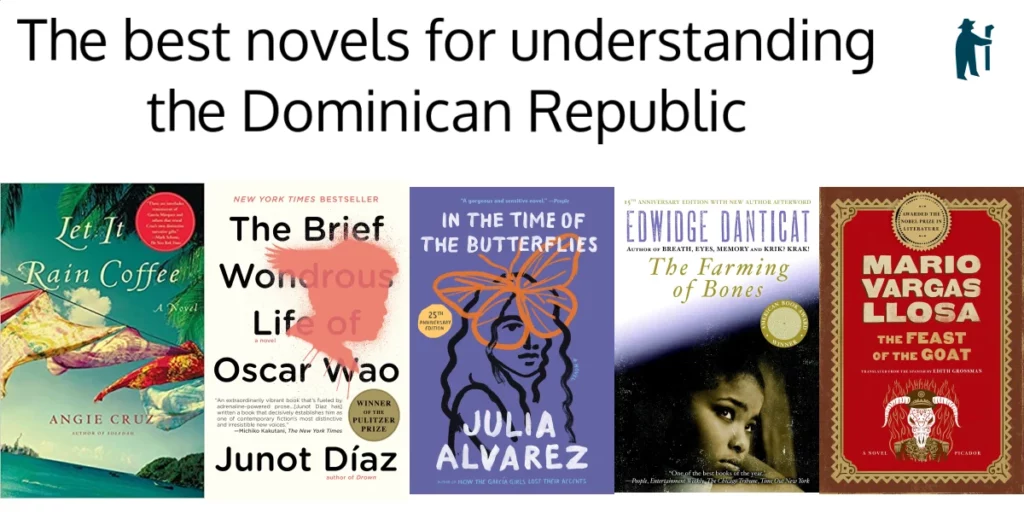The brand-new website, Shepherd, asked me to share some recommendations related to my first book, Why the Cocks Fight: Dominicans, Haitians, and the Struggle for Hispaniola.
I was intrigued by the story of the book-loving founder, Ben Fox, who launched the site in April 2022 after deciding there HAD to be a better way to find books than relying on algorithms. So he started reaching out to authors for their recommendations.
Below are five novels that together give a good overview of the Haiti, with a particular focus on the mid-twentieth century onward. I prioritized books that either were written in English or had excellent translation. I also chose books that can be easily found, because who wants to be intrigued by a book and then frustrated that they can’t buy or borrow it? Unfortunately, that knocked several worthy candidates off of the list.
So, without further ado, here is my annotated list of the 5 best novels for understanding Haiti.
Also check out my list of the 5 best novels for understanding the Dominican Republic.


